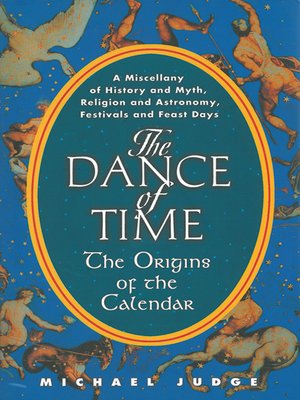
Sign up to save your library
With an OverDrive account, you can save your favorite libraries for at-a-glance information about availability. Find out more about OverDrive accounts.
Find this title in Libby, the library reading app by OverDrive.



Search for a digital library with this title
Title found at these libraries:
| Library Name | Distance |
|---|---|
| Loading... |
A journey through history and legends, myths and superstitions, religion and astronomy—and how they've shaped our views of time itself.
Three streams of history created our Western calendar—first from the Sumerians, then from the Celtic and Germanic peoples in the North, and finally from Palestine with the rise of Christianity. This compendium reveals fascinating facts about our attempts to measure and define time and how the days and months came to be, including:







